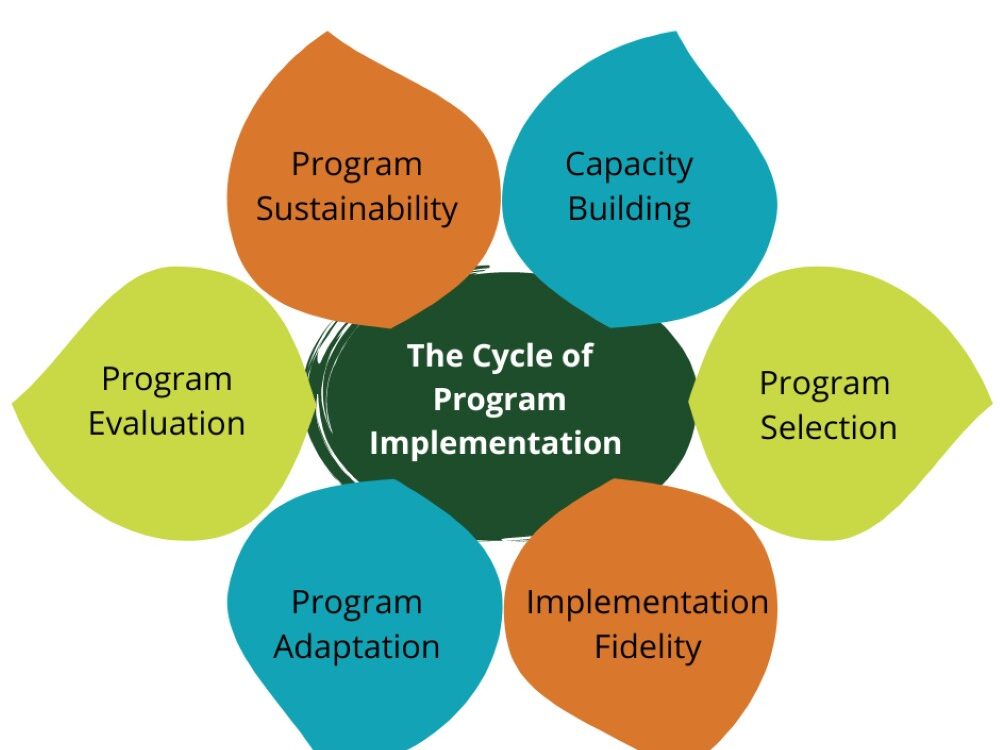Our Services
The PRC supports community agencies, K-12 schools/districts, and government entities in selecting, implementing, adapting, evaluating, and sustaining prevention programs in real-world settings. All services are grounded in the latest prevention science research for bridging the gap between community practice, academia, and policy. Below are what our services and trainings include. Fees for services vary widely depending on the scope of the project. For more information, please contact us at prevention@colostate.edu.
More Resources
For other support resources, refer to our Mental Health and Suicide Prevention Resources. Here you will find more information on hotlines, services, and organizational support options for a variety of health topics. Also see these issue briefs from our past research project, Advancing IDEAS for School Health.



